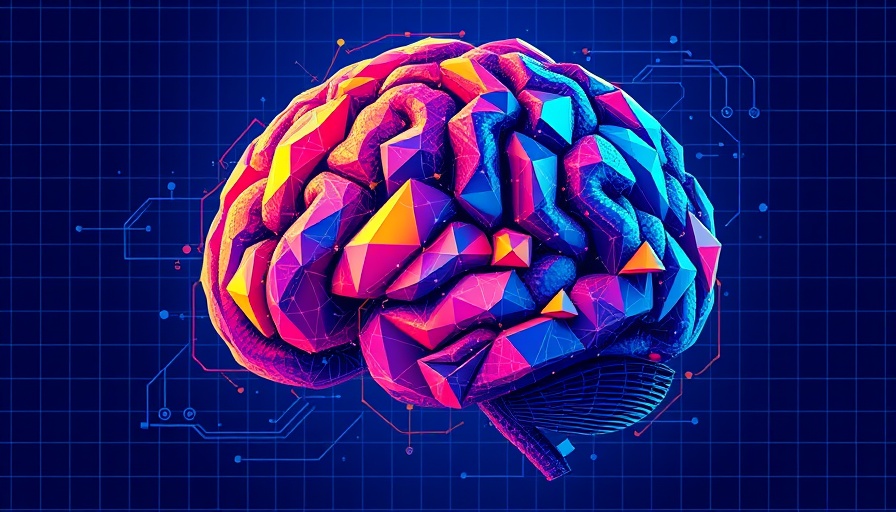
AI’s Transformational Impact on Healthcare
The integration of artificial intelligence (AI) into healthcare is no longer just a futuristic vision; it’s an ongoing transformation that has the potential to change patient outcomes dramatically. While significant investments, such as the U.S. government’s $500 billion Stargate initiative and the UK’s £82.6 million funding for research using AI for conditions like cancer and Alzheimer’s, are setting the stage for innovation, many still question when these advancements will translate into tangible benefits for patients.
The Challenge of Data Utilization
With healthcare data growing exponentially, it’s crucial to focus on actionable insights rather than the sheer volume of information. At SOPHiA GENETICS, for example, they’ve analyzed 2 million patient profiles—a landmark achievement just a decade ago. Yet, most valuable insights remain confined within institutional frameworks or prolonged pilot projects. This disconnect prevents breakthroughs from reaching the patients who urgently need them.
Three Key Areas Where AI is Making a Difference
Currently, AI demonstrates its potential in various concrete ways:
- Improving Diagnostic Accuracy: AI algorithms are revolutionizing diagnostics. For example, advanced deep learning technologies have excelled in identifying diseases from medical images. Dermatology is a prime case where AI detects skin cancers, including melanoma, often with greater precision than human clinicians.
- Enhancing Cancer Prevention: AI possesses the ability to screen for genomic markers and craft personalized cancer risk assessments. With this knowledge, younger patients can proactively monitor their health, making crucial decisions about their wellbeing.
- Tailoring Treatments to Genomic Profiles: By analyzing extensive genomic datasets, AI identifies mutations that impact patient responses to therapies. Products like SOPHiA DDM enable healthcare providers to deliver tailored, effective treatments that minimize adverse reactions.
Moving Towards Implementation
As we navigate this pivotal era in healthcare, it’s crucial to shift discussions from the hype surrounding AI to its actual results. The expectation is not merely to innovate but to ensure these innovations make lasting impacts on patient care. Are we ready to embrace the future of healthcare built on actionable AI insights?
Would you like to clarify your Brand?
 Add Row
Add Row  Add
Add 




Write A Comment